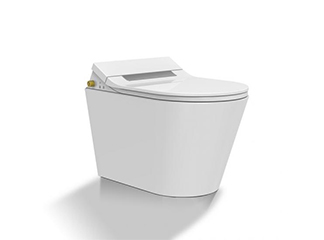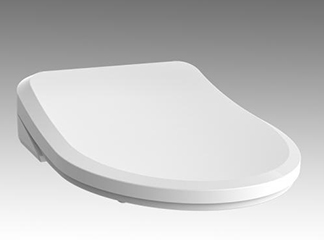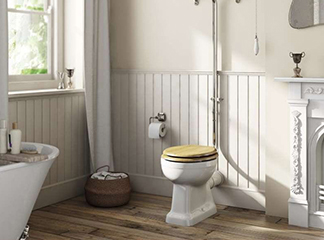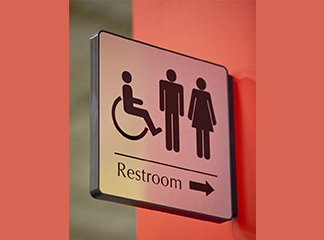Researchers at Duke University are developing a smart toilet to help gastroenterologists diagnose chronic digestive problems in patients. Sonia Grego, Ph.D., associate research professor at Duke University, is one of the researchers in the Smart Toilet Lab at Duke's Center for Water, Sanitation, and Infectious Diseases. "I'm working on a toilet. Of course, my friends and family laugh at it. That's where I focus," Dr. Grego said. But Grego's time wasn't wasted. Gastroenterologists often rely on patient reports to help diagnose chronic digestive problems. That's why Dr. Grego and Duke University are developing smart toilets. Eliminate the need for patients to self-monitor and report their bowel movements. Dr Grego said the smart toilet is made up of artificial intelligence. Every time a patient goes to the bathroom, the technology takes a picture of the patient's stool as it passes through the sewage system. Data is collected with each refresh, the AI analyzes it, and the technology can then tell what's normal and what's abnormal. "All of this imaging doesn't happen in the bathroom. It happens in the plumbing," explained Dr. Grego, "for privacy, not to make anyone uncomfortable.” Dr Grego said a smart toilet won't change a person's experience in the bathroom. They have to be flushed and technology does the rest. The results can be populated on a mobile phone app that can be shared with doctors. If multiple people use the toilet, she said a fingerprint scanner could be installed on the toilet stem to distinguish who is using the toilet at the time. Smart toilets are still in development. Dr. Grego expects the prototype to be available for testing within the next year to a year and a half. After that, commercial use will become available.


 English
English français
français Deutsch
Deutsch русский
русский italiano
italiano español
español português
português Nederlands
Nederlands العربية
العربية Türkçe
Türkçe Polski
Polski














 IPv6 network supported
IPv6 network supported 